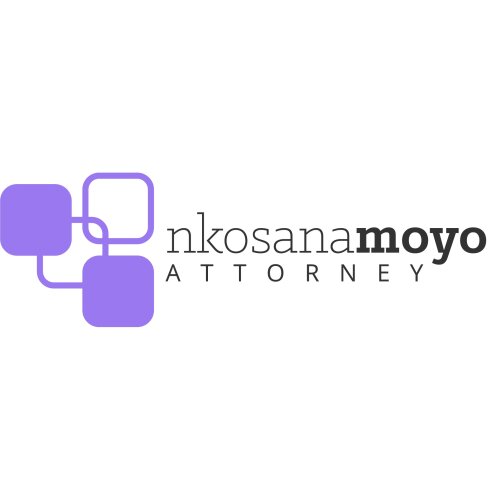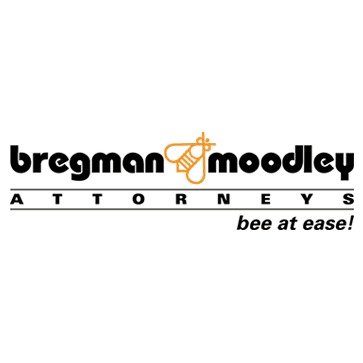Best Legal Malpractice Lawyers in Johannesburg
Share your needs with us, get contacted by law firms.
Free. Takes 2 min.
List of the best lawyers in Johannesburg, South Africa
About Legal Malpractice Law in Johannesburg, South Africa
Legal malpractice occurs when a lawyer fails to competently perform their legal duties, resulting in harm to their client. In Johannesburg, South Africa, legal malpractice law is designed to offer recourse for clients who have suffered due to negligence or misconduct by their legal representatives. Lawyers are expected to adhere to a high standard of practice, and when they deviate from these standards, clients may have grounds to file a legal malpractice claim. The legal framework for addressing these issues ensures accountability, aiming to maintain trust within the legal profession.
Why You May Need a Lawyer
There are several scenarios in which you might require legal advice regarding a possible legal malpractice issue:
- Your attorney missed critical deadlines, causing you to lose your case.
- You suspect that your case was mishandled due to a conflict of interest.
- You received poor legal advice that led to significant financial or personal loss.
- There is evidence that your lawyer failed to apply the law appropriately or perform necessary actions.
Having a legal malpractice attorney can help determine whether you have a valid case, guide you through the legal process, and work to rectify the harm caused.
Local Laws Overview
In Johannesburg, legal malpractice claims are typically governed by common law principles, as well as the Rules of Professional Conduct established by the Legal Practice Council. Key aspects of these laws include:
- Establishing that an attorney-client relationship existed and verifying that the lawyer owed a duty of care to the client.
- Demonstrating that the attorney breached this duty through negligence or misconduct.
- Proving that the breach directly caused harm to the client, resulting in damages.
Timeframes to file a claim can be strict, so timely action is crucial in pursuing legal malpractice claims.
Frequently Asked Questions
What constitutes legal malpractice?
Legal malpractice occurs when a lawyer deviates from the standard of practice, resulting in harm to their client. This can include negligence, breach of contract, or breach of fiduciary duty.
How long do I have to file a legal malpractice claim in South Africa?
The prescription period for legal malpractice claims is commonly three years from the date the client became aware of the negligence. It is advisable to consult with an attorney promptly to avoid missing this deadline.
Can I sue my lawyer for bad strategic choices made during the case?
Not necessarily. A strategic choice is not usually grounds for malpractice unless it can be shown that the decision was negligent or fell below the standard a competent attorney would uphold.
Do I need to have won the original case to prove legal malpractice?
No, you do not need to have won the original case. Legal malpractice focuses on whether your attorney's conduct was negligent and if it directly caused harm.
Is it possible to claim damages for emotional distress in a legal malpractice suit?
Typically, damages awarded relate to the financial losses incurred due to attorney negligence. Emotional distress claims can be difficult to pursue and are not usual in legal malpractice cases.
What should be my first step if I suspect legal malpractice?
Consulting with a legal malpractice attorney should be your first step. They can assess your situation, determine whether you have a viable claim, and guide you on how to proceed.
Can I switch lawyers in the middle of a case if I suspect malpractice?
Yes, clients have the right to discharge their attorney and hire a new one if they have lost confidence in their current legal representation.
How can I prove that my attorney's negligence caused harm?
You will need to demonstrate that but for your attorney's negligence, the outcome of your case would have been different. This often requires expert testimony.
What is a breach of fiduciary duty in legal malpractice?
A breach of fiduciary duty occurs when a lawyer acts against the best interests of their client, such as revealing confidential information or representing clients with conflicting interests.
Are there alternative dispute resolutions for legal malpractice claims?
In some cases, mediation or arbitration may be used as an alternative to a court trial, offering a potentially quicker and less adversarial resolution.
Additional Resources
- The Legal Practice Council: Responsible for regulating the legal profession and addressing complaints against attorneys.
- The Law Society of South Africa: Provides support and information regarding the legal profession and malpractice claims.
- Legal Aid South Africa: Offers support to those who may not be able to afford private representation but require legal assistance.
Next Steps
If you believe you have been a victim of legal malpractice, your first step should be to gather all relevant documents and evidence related to your case. Next, consult with a legal malpractice attorney who can assess your situation and advise you on the strength of your claim. Make sure to act promptly due to the statutory time limits for filing a claim. Your attorney will be able to guide you through the legal process, aiming to achieve the best possible resolution for your situation.
Lawzana helps you find the best lawyers and law firms in Johannesburg through a curated and pre-screened list of qualified legal professionals. Our platform offers rankings and detailed profiles of attorneys and law firms, allowing you to compare based on practice areas, including Legal Malpractice, experience, and client feedback.
Each profile includes a description of the firm's areas of practice, client reviews, team members and partners, year of establishment, spoken languages, office locations, contact information, social media presence, and any published articles or resources. Most firms on our platform speak English and are experienced in both local and international legal matters.
Get a quote from top-rated law firms in Johannesburg, South Africa — quickly, securely, and without unnecessary hassle.
Disclaimer:
The information provided on this page is for general informational purposes only and does not constitute legal advice. While we strive to ensure the accuracy and relevance of the content, legal information may change over time, and interpretations of the law can vary. You should always consult with a qualified legal professional for advice specific to your situation.
We disclaim all liability for actions taken or not taken based on the content of this page. If you believe any information is incorrect or outdated, please contact us, and we will review and update it where appropriate.












